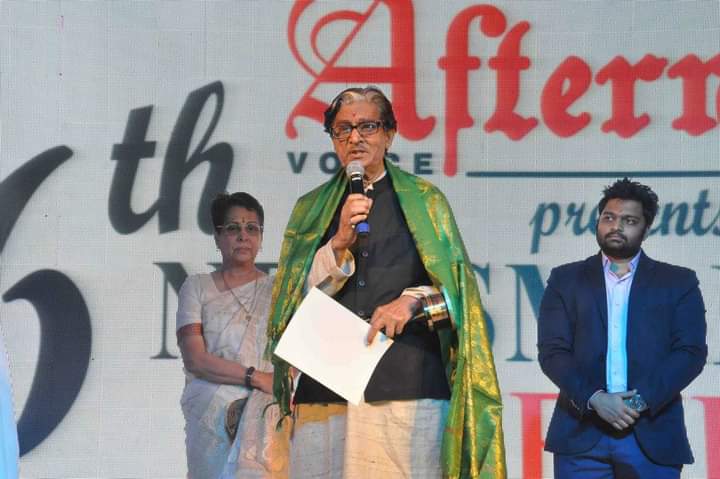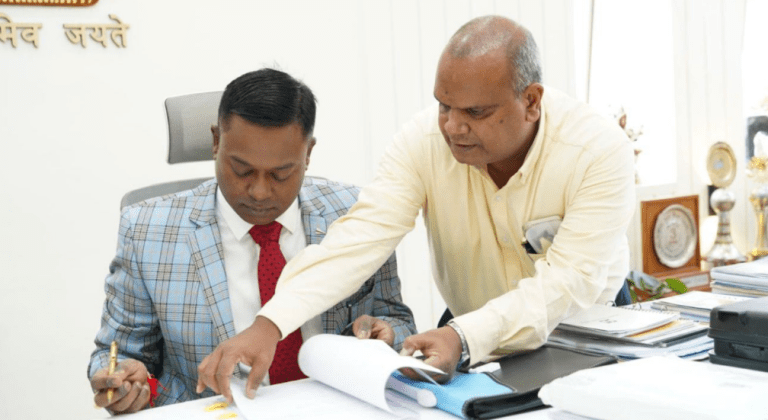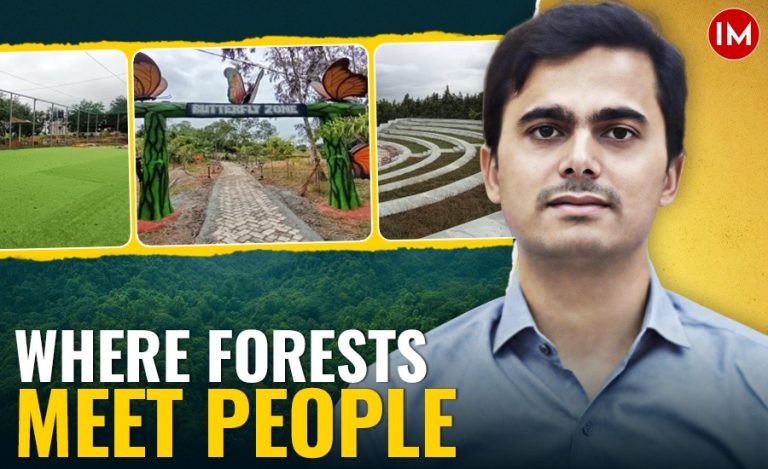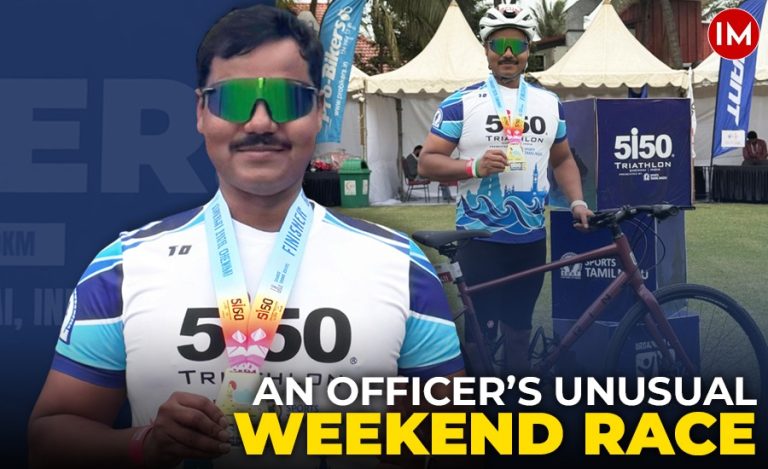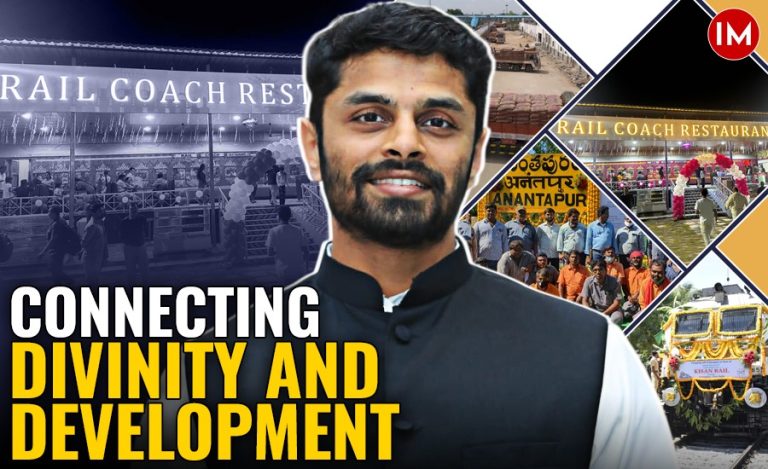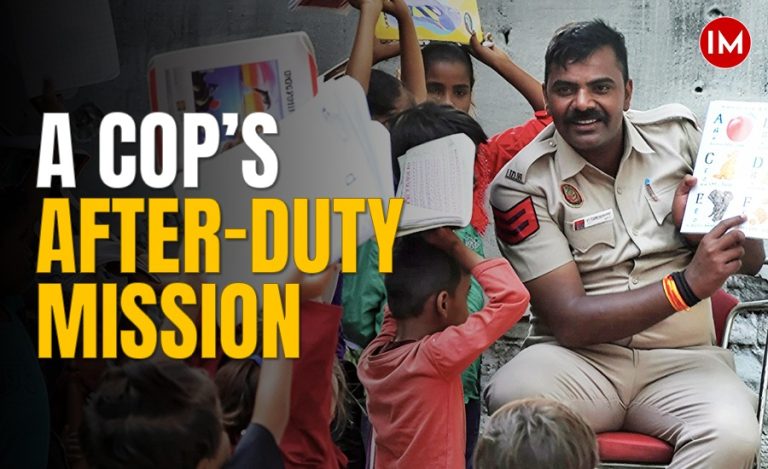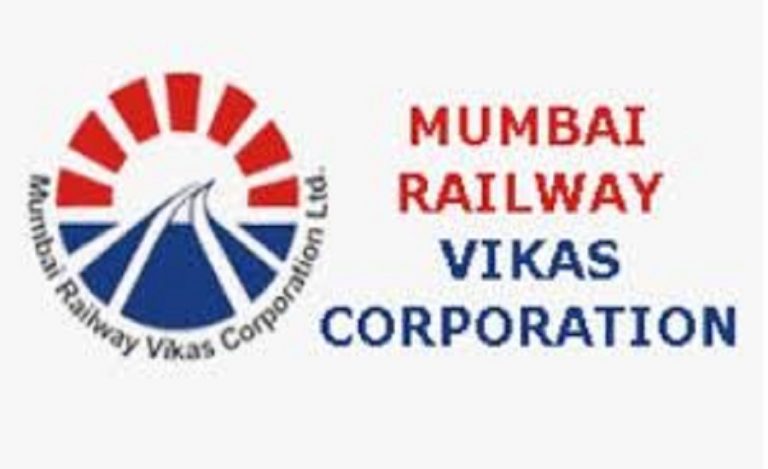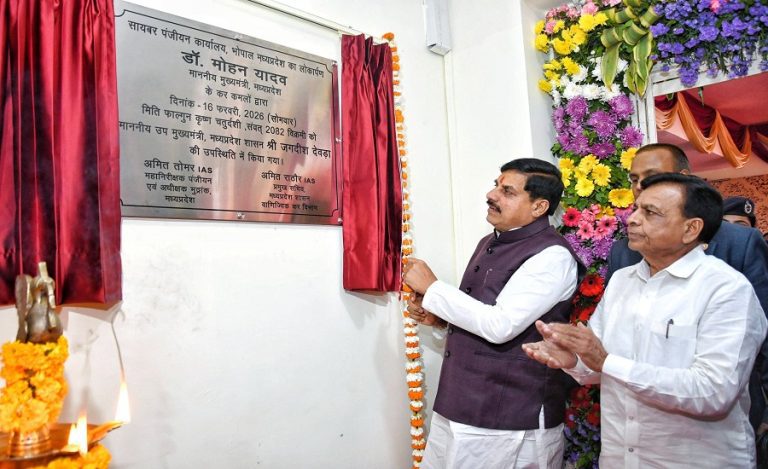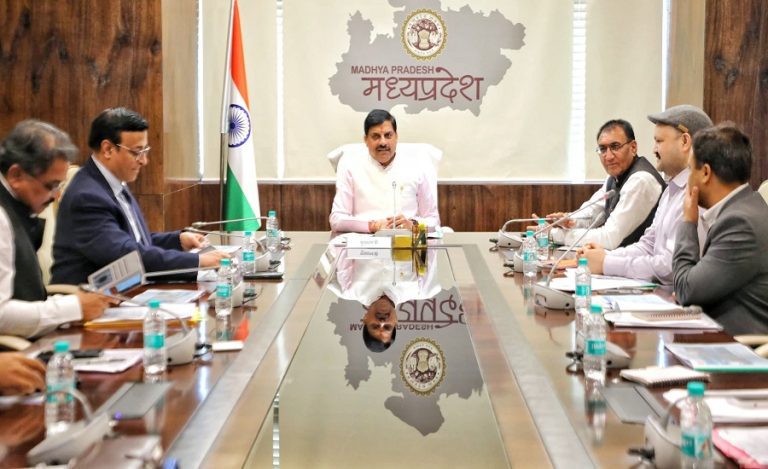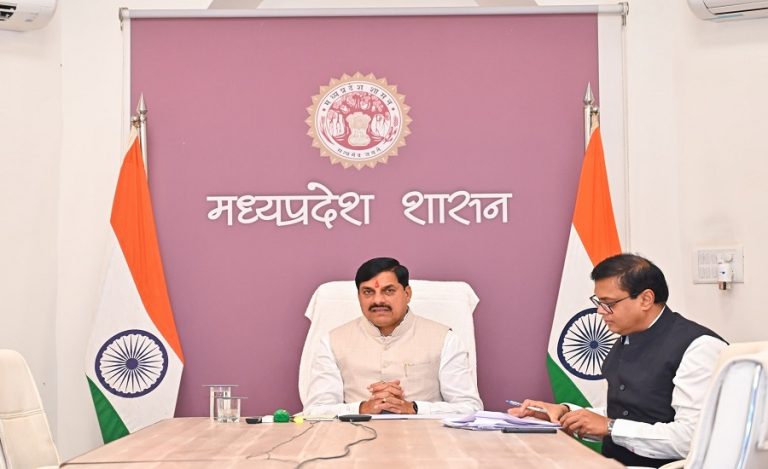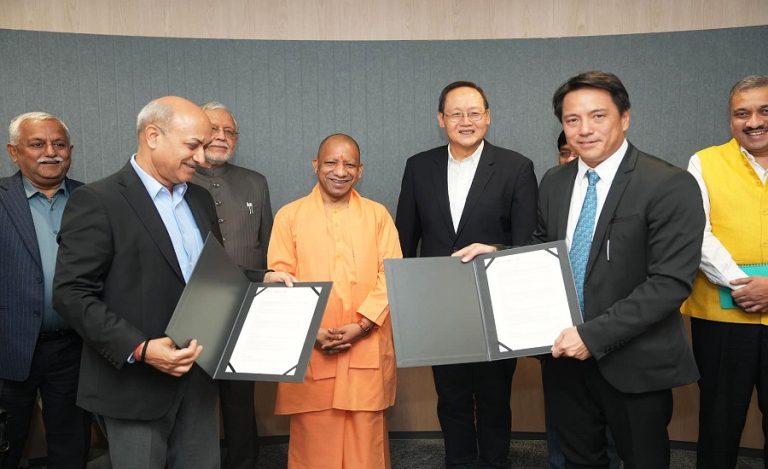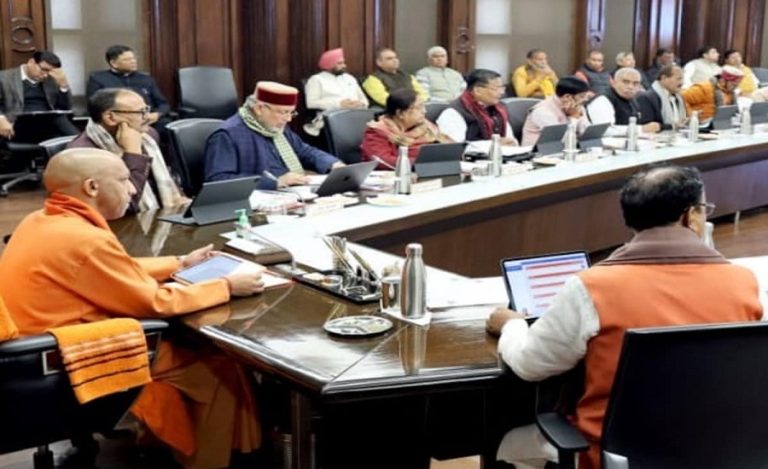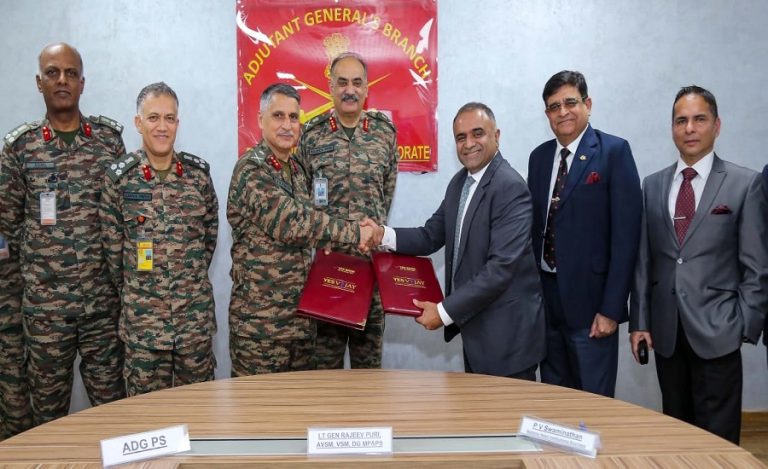It takes immense amount of talent, hard work and determination to be an acclaimed artist and an efficient civil servant simultaneously. It is not everyone’s cup of tea. Thankfully, talents like Daya Prakash Sinha are a living proof that this seemingly impossible mix can be attainted.
The retired IAS officer Mr Sinha is also celebrated theatre artist, playwrite and director. While off the field his dramas have now gained place in the syllabus of several universities, his contribution in promoting the art & culture of India is also commendable. For his contribution in the field of art, Mr Sinha has been honoured with several awards including the fourth highest civilian award Padma Shree, Lohia Sahitya Samman, Sahitya Bhusan Samman and Sardar Vallabhbhai Patel Samman.
In an interview with Indian Masterminds, Mr. Sinha opened up about his interesting and non-conventional life journey.
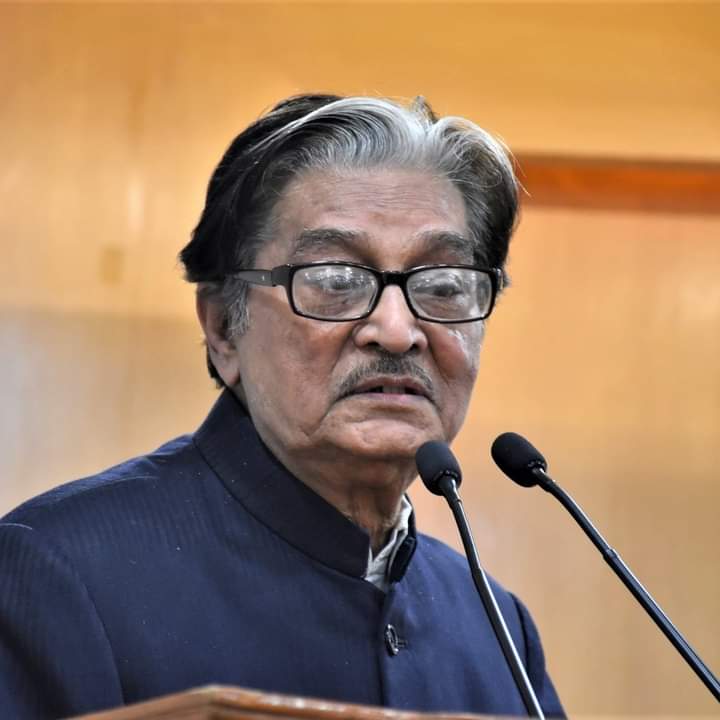
Inspired by Prithvi theatre
Since very young age, Mr. Sinha had developed interest in theatre. The interest grew further when he completed his master’s degree and was preparing for the government service. Recalling those good old time, he said, “After completing the masters, I was only doing drama. I was happy and believed that this is going to be my life. Then one fine day, a small shop owner made me realise that pursuing theatre was all right but I should also do something to support it. I also felt that by getting a respectable job, there would be a change of status and I could support my passion”.
After this realization, Mr Sinha focused on cracking the UPSC. However, destiny has something else planned for him. His nose started bleeding during one of the paper, which affected his result. He could not crack UPSC but his preparation didn’t go waste and he joined PCS in 1952 and eventually got promoted to IAS.
When asked about the inspiration behind being a dramatist he said, “During my teenage, I saw various plays at Prithvi theatre. There were many things to learn from them. They always used to highlight the present scenario. I was inspired by their work and also learnt a model to develop a play”.
His love for theatre continued and within few years he debuted in playwriting. In year 1957, his first drama was published titled ‘SanjhSavere’.
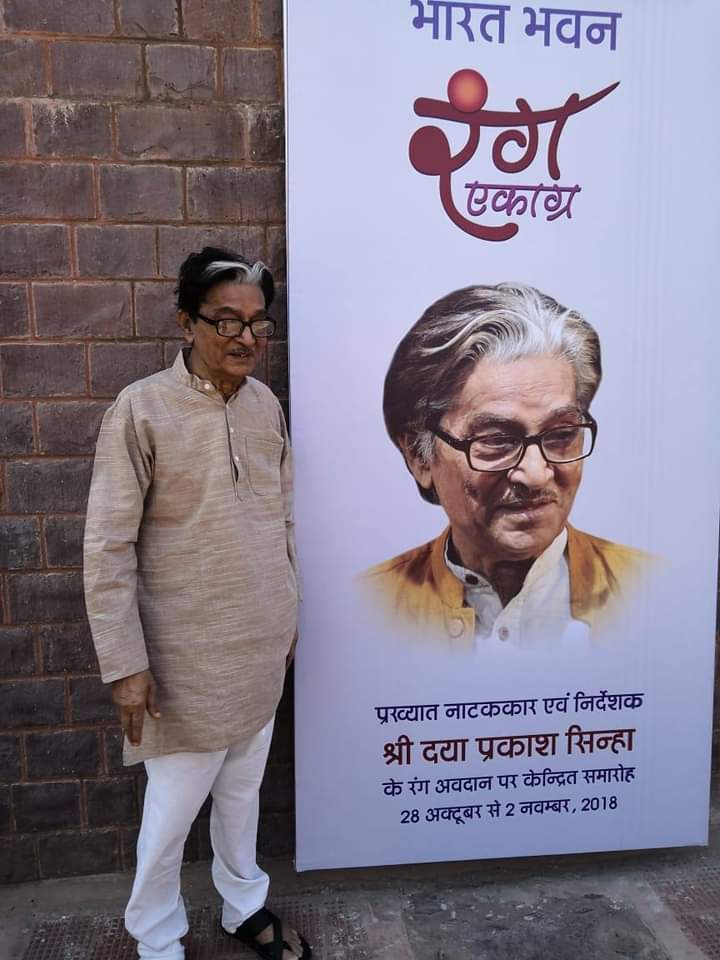
Tragedy Make you Mature
In 1962 he got married with a theatre artist, which further fanned his passion for the theatre. He continued writing and doing theatre. Several of his dramas like Man Ke Bhanvar, Panchtantra, Dushman, Mere Bhai-Mere Dost, Itihas Chakra was published and performed on stages. He was content with his work as an administrator and his creative contribution.
Then in 1978 he was shook by the biggest tragedy of his life, when he lost his wife. “She was my biggest support who would enrich my creative caliber. We both were united with similar interests,” he said in an emotional tone.
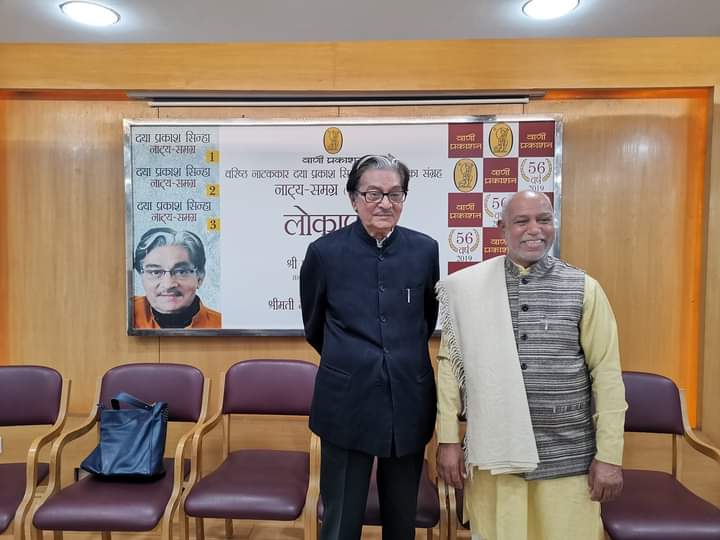
Katha Ek Kans Ki
In all these years, Mr. Sinha has written and directed many plays. In fact, sever PhD students have written thesis on his plays. Several other groups also perform his plays in many states. His plays have also been translated in many languages. When asked about his favourite he said, “It’s difficult to choose between your own babies, but I would say ‘Katha Ek Kanski’ has a special place in my heart. Through the character of Kans I have tried to explore the mindset of a dictator. What plays in their mind and push them to become extra-ambitious. I call it the analysis of the phenomena of Dictatorship”.
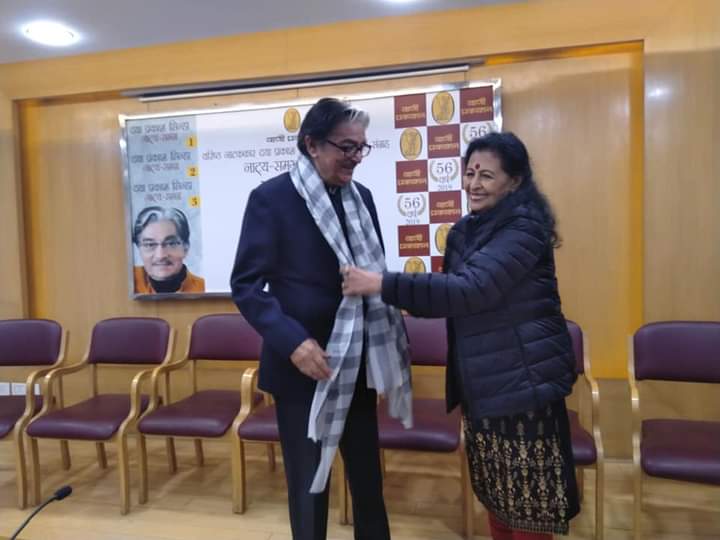
Becoming the Cultural Administrator
Unlike many officers, Mr. Sinha was always happy in working in the department related to culture. It gelled with his love for the stage. During his tenure as an IAS officer, he served in many cultural postings. He served as the director, Bhopal Bhawan, Uttar Pradesh Sangeet Natak Academy, Director (Indian Cultural Centre at Fizi) etc. But, his journey in cultural administration started when he joined Sahitya Kala Parishad, Delhi as the Secretary. Mr. Sinha said that on that position I really got chance to promote other artists and art & culture around our country.
Mr Sinh believes that much more has to be done in that regard. For one, as he puts it, the government should start by creating conditions to enable both the arts and the artists to grow and nurture.

